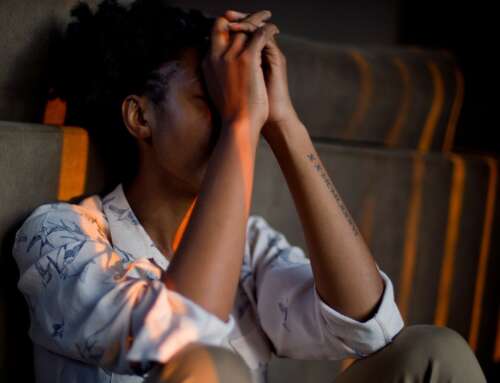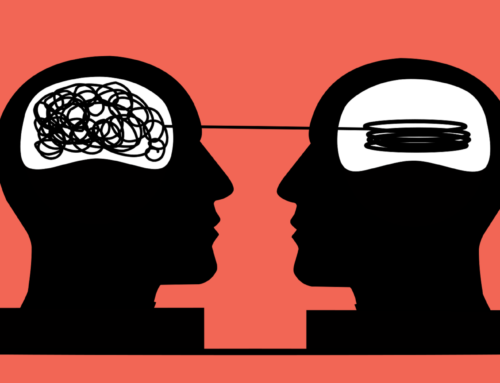Anxiety can affect your body in surprising ways and once you realise that the root cause of some physical complaints can be anxiety, it really hammers home how important it is to try and maintain good mental health.
Before you can deal with anxiety, you need to recognise it. We spoke to Fatmata Kamara, a mental health nurse from Bupa UK, for advice on what the physical symptoms of anxiety are and some first steps anyone can take towards dealing with the issue.
What are the most common physical symptoms of anxiety?
Anxiety can affect your body in many ways. You may feel light-headed or restless and have a fast or irregular heartbeat. You might also experience hot flushes, shortness of breath, dizziness and nausea. Symptoms vary from person to person, so it’s important to be aware of how anxiety can affect your body.
What are some of the more surprising physical symptoms caused by anxiety?
When you’re anxious, your body releases stress hormones and this can affect your body in many ways. A few surprising symptoms of anxiety include chest pains, muscles aches and headaches. You might also notice that your behaviour, sleep pattern, appetite and concentration levels can all change.
What symptoms should people not ignore and make sure they consult a doctor about?
Although feelings of anxiety at certain times are completely normal, anxiety can become a mental health problem when it happens regularly for a prolonged period of time. It’s important to seek help if your anxiety is affecting your daily life or causing you distress.
– Nick Harris-Fry
Read more: How To Recognise The Physical Symptoms Of Anxiety







Leave A Comment